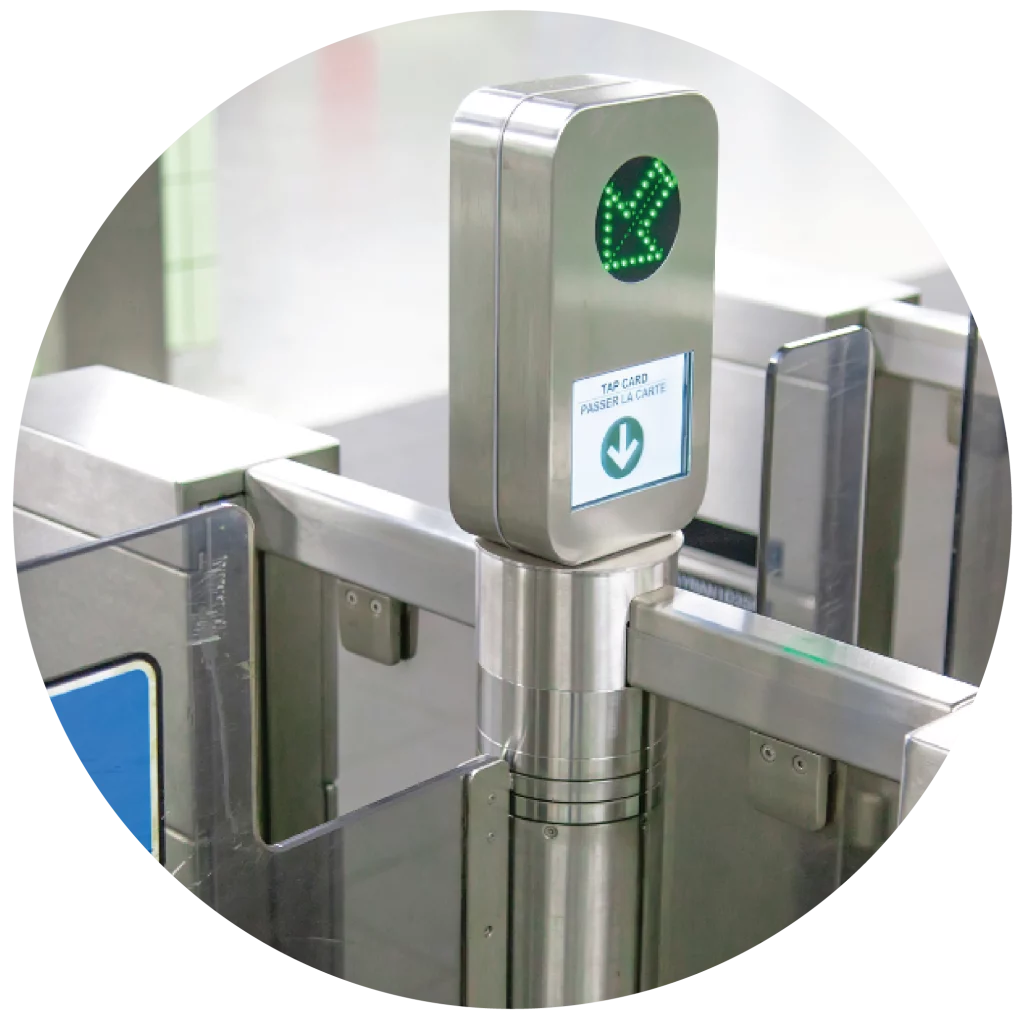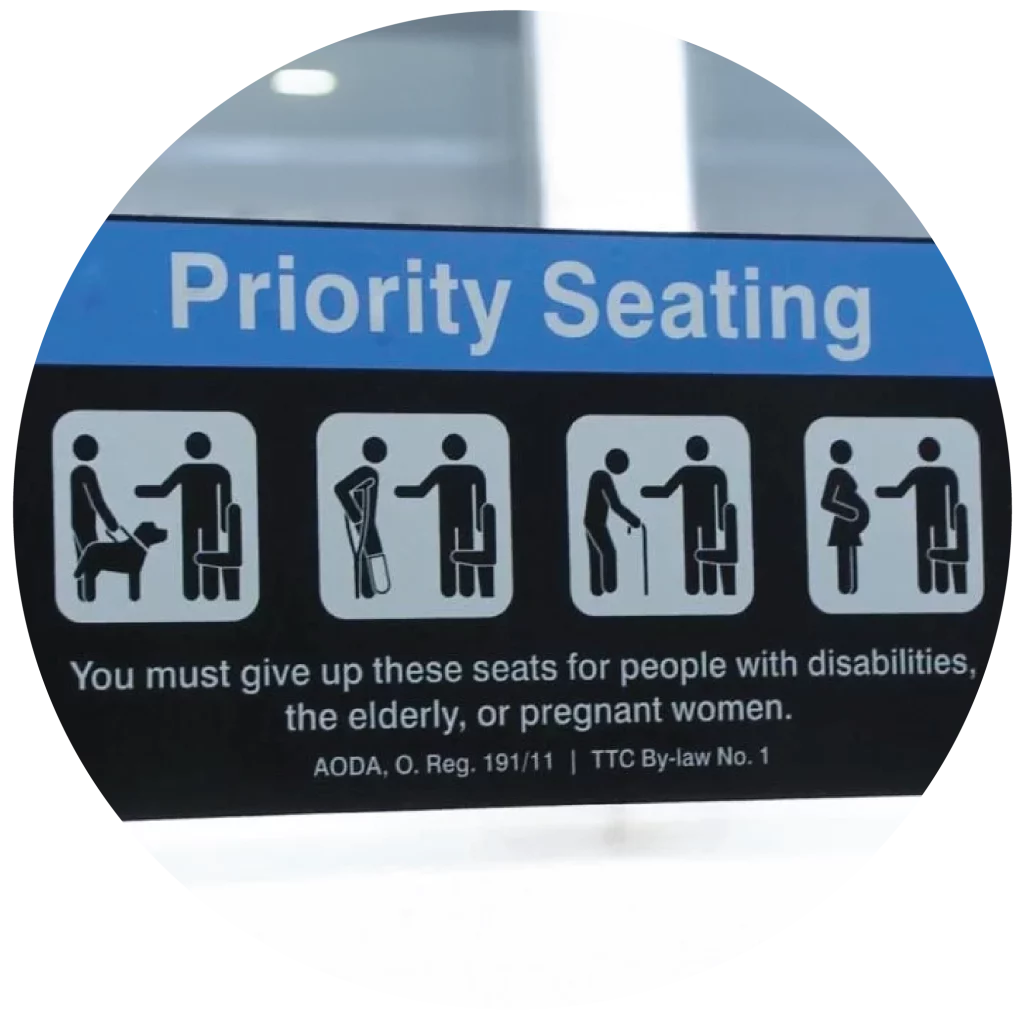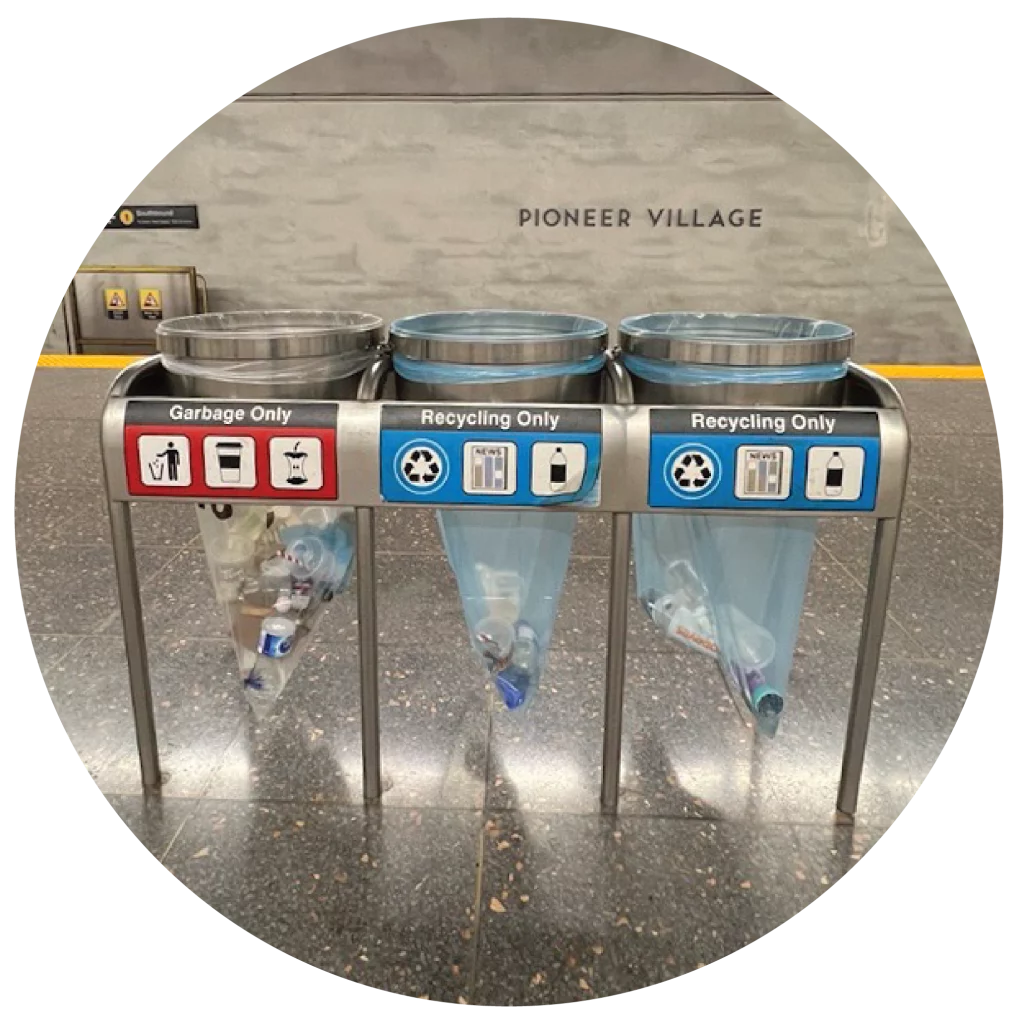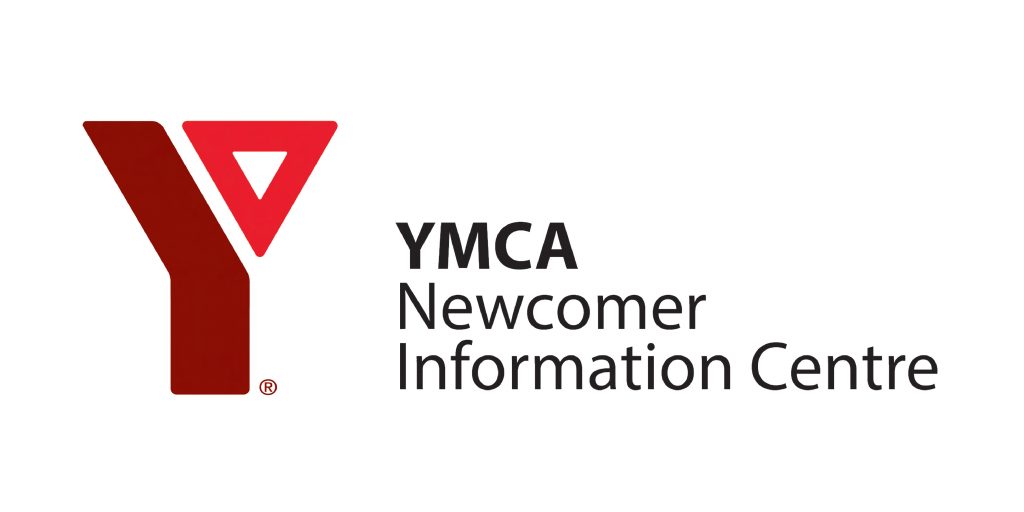Newcomer Guide: 9 Public Transit Etiquettes for Newcomers to Know
Using public transportation is one of the best ways to explore the city, get to know its people, and experience daily life in Ontario. Whether you’re riding the TTC in Toronto, hopping on a GO Train, or catching a bus in Mississauga, public transit connects communities—and a little courtesy can go a long way in making the ride smoother for everyone.
While official rules cover things like fare payment and safety, there’s a whole other set of unwritten rules that regular riders follow. These little acts of respect and awareness help create a better experience for all. So, let’s explore the top unspoken rules of public transit in Canada:

Pay Your Fare.
It may seem obvious, but always tap your card or buy a valid ticket before boarding. Fare evasion isn’t just unfair to others; it can lead to fines if you’re caught during a random inspection. Remember: public transit relies on fares to keep running smoothly.
Click here for the FAQ about tapping & transferring with your PRESTO Card
Respect Queueing.
Lining up is standard transit etiquette. Don’t cut the line, and always allow passengers to exit the vehicle before you board. This helps with the flow and shows respect to others who’ve been waiting. Trust us—everyone appreciates a smooth in-and-out!

Stand on the Right, Pass on the Left.
This is a helpful little rule to remember, especially when using escalators in busy stations. In Canada, it’s common to stand on the right side of the escalator and leave the left side free for people who want to walk up or down. This small action keeps people moving quickly and helps avoid traffic jams during busy times, like rush hour.
So next time you’re on an escalator, stick to the right, and let others pass on the left. It’s a simple tip that makes everyone’s commute easier and faster.
Be Mindful of Personal Space and Watch Your Bags.
Crowded buses and trains are part of city life, but try your best to keep a comfortable distance when possible. During busy hours, it’s best to take off your backpack and hold it in front of you or place it on the floor between your feet. This frees up space and prevents accidental bumps or blockages in the aisle.

Limit Noise.
Loud conversations, phone calls on speaker, or music without headphones can quickly ruin someone’s day. Use earbuds, keep the volume low, and if you must take a call, speak quietly and briefly. A peaceful ride is a nice thing to give to fellow commuters.
Don’t Take Up Extra Seats.
Public seating is for people, not possessions (or your feet!). Keep your belongings close and the seat beside you free if the vehicle is a bit crowded.

Offer your seat.
Many buses and trains have priority seating near the front. You are encouraged to cooperate with the Priority Seating signs. If you see someone who might need a seat more than you—such as an older adult, a pregnant person, someone with a disability, or a parent carrying a child—please offer yours.
Not sure which seats are priority seating? Look for seats with blue fabric and decals that say “Priority Seating.”
Stay Aware of Your Surroundings and Make Way for Exiting Commuters.
Pay attention to what’s going on around you, especially during stops or busy boarding times. Avoid blocking doorways, move aside if someone needs space, and always be prepared to shift slightly to make room for others.
If you’re standing near a door, be ready to step off briefly to let others exit, even if it means you’ll need to get back on again after. People can easily miss their stop if there isn’t enough room to pass. A little awareness goes a long way.

Hold on to Your Trash.
Transit vehicles don’t have garbage bins inside, so take your trash with you until you find a garbage bin at the station or stop. Whether it’s a coffee cup or snack wrapper, keeping the space clean shows respect for the shared environment.
Public transit works best when everyone is on the same page. That includes following both the written and unwritten rules, as they are an important part of Canadian social norms and everyday courtesy. As you settle into your new life in Canada, let these small habits be part of your journey. The more we care for each other in public spaces, the more inclusive and enjoyable our communities become.
Are you new to Ontario, Canada? Take advantage of our information and referral service for trusted settlement resources in the Greater Toronto Area and Ontario.






